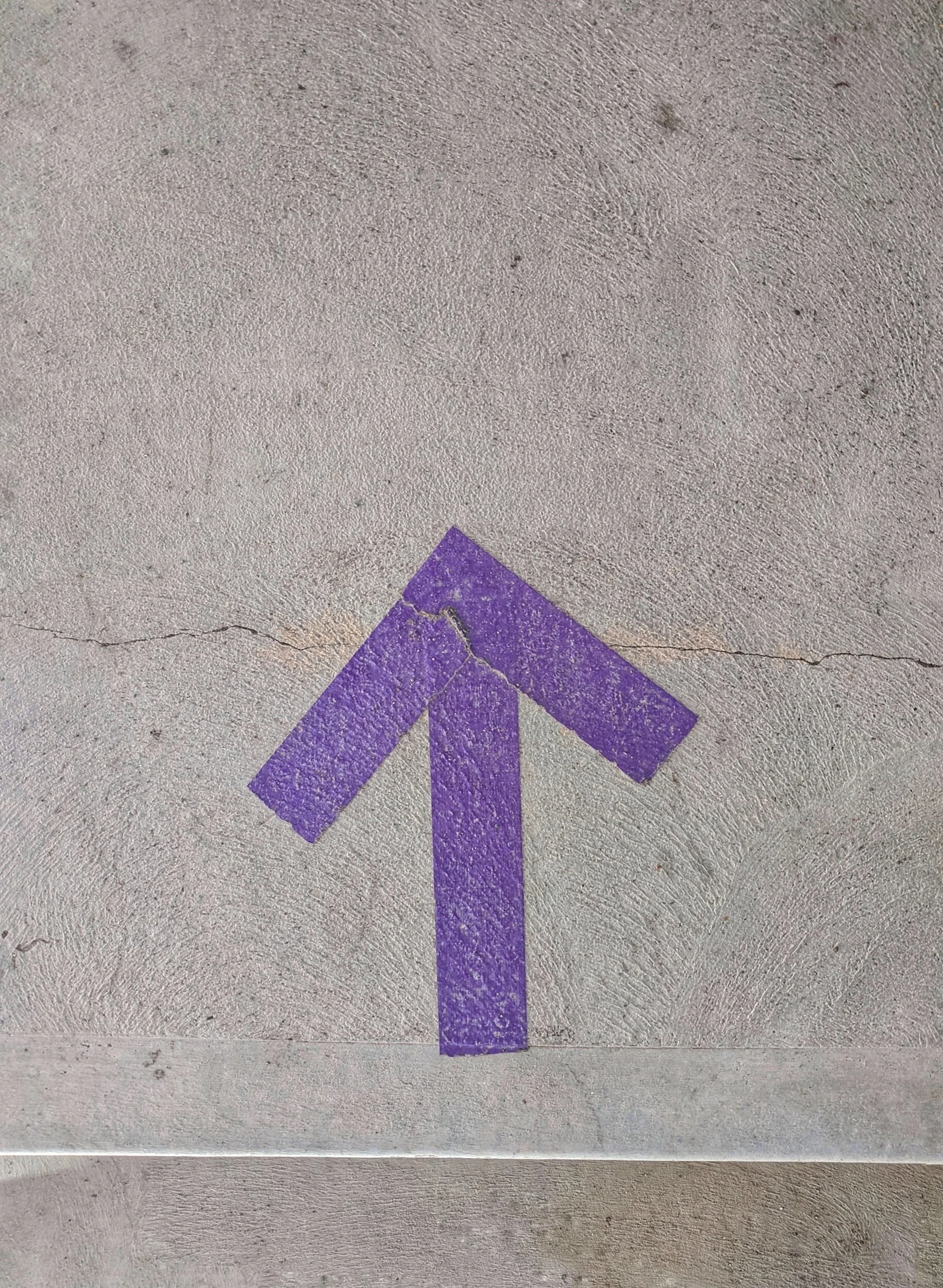The world continues to recover (some areas faster than others) from the effects of COVID-19. We are now a year and a quarter removed from the global shut-down, and have seen strong rebounds across economies, labor markets, and asset prices. The themes of recovery continued in second quarter, and markets responded with impressive results.
In the committee’s recent proposal with the goal of raising funds for President Biden’s 3.5 trillion spending plan, several changes were recommended and eliminating the “Backdoor Roth IRA” was one of them. The bill “prohibits all employee after-tax contributions in qualified plans and prohibits after-tax IRA contributions from being converted to Roth regardless of income level, effective for distributions, transfers, and contributions made after Dec. 31, 2021,” reports the House Ways & Means Committee.
I attempt to think about money as a relationship in my life and I think it’s beneficial to question whether or not that relationship is healthy. Though money is merely a piece of paper, it derives its’ value from societies universal agreement, a social contract acknowledged by most, that the right quantity can purchase anything we perceive as valuable. This can be as simple as a bagel or chair, but eventually the mind shifts from purchasing items of value to wondering if money can buy experiences of value commensurate with happiness. If the proper utility of money is to buy me food when I’m hungry, it’s natural to ask the question, is it possible that money has the ability to purchase any sensation I value, regardless of whether it’s my desire in one moment to have a full belly or in another moment to have a full heart?
As we exited 2020, investors looked forward to turning the page on the health and economic impacts of the pandemic, the political upheaval of a contentious election cycle, and the unprecedented volatile swings across markets. The first quarter of 2021 initially greeted investors with more of the same.






